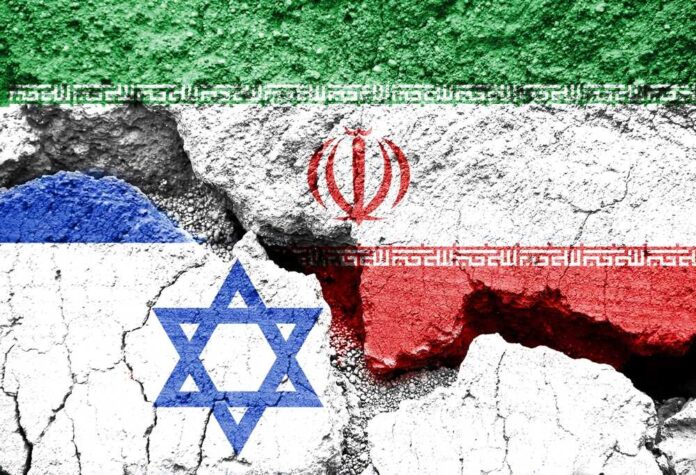
After almost four months of fierce warfare in Khan Younis, the Israeli government withdrew all ground forces from southern Gaza for tactical reasons, relieving reservists. Some Palestinians who have been forced from their homes may soon be allowed to return. The retreat has sparked concerns about the war’s trajectory and if and when there will be a resolution.
The Israeli defense minister, Yoav Gallant, said that this action was done in anticipation of a ground assault on Rafah, the city located in the southernmost portion of Gaza. After two days of negotiations in Cairo, which have yielded “significant progress,” the representatives from Qatar and Hamas are likely to return to complete the agreement’s details.
A lasting truce, the withdrawal of Israeli troops from Gaza, the return of displaced people to their homes, and a “serious” exchange of Palestinian detainees for Israeli hostages held in Gaza are among the demands reaffirmed by Hamas in a proposal dated 14 March.
Tens of thousands of people in Gaza have gone missing after six months of conflict and anarchy. With almost 33,000 casualties, the majority of whom were women and children, the families of those who went missing are understandably terrified. Still, others hold out hope that some of the missing—particularly severely traumatized youngsters or those with mental illness—may be alive and unable to be located by their loved ones. For others, the prospect that the Israeli army has captured their missing loved ones is both a joy and a dread.
International Committee of the Red Cross spokeswoman Sarah Davies said that all over the world, people tell them that the most painful part of a conflict is not the hunger or the danger but the separation from relatives and not knowing what has happened to them.
When Israelis posted pictures of their missing loved ones after the sneak attack by Hamas, anti-Zionists tore the pictures down.














